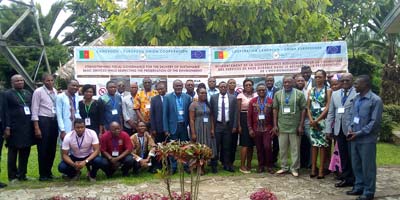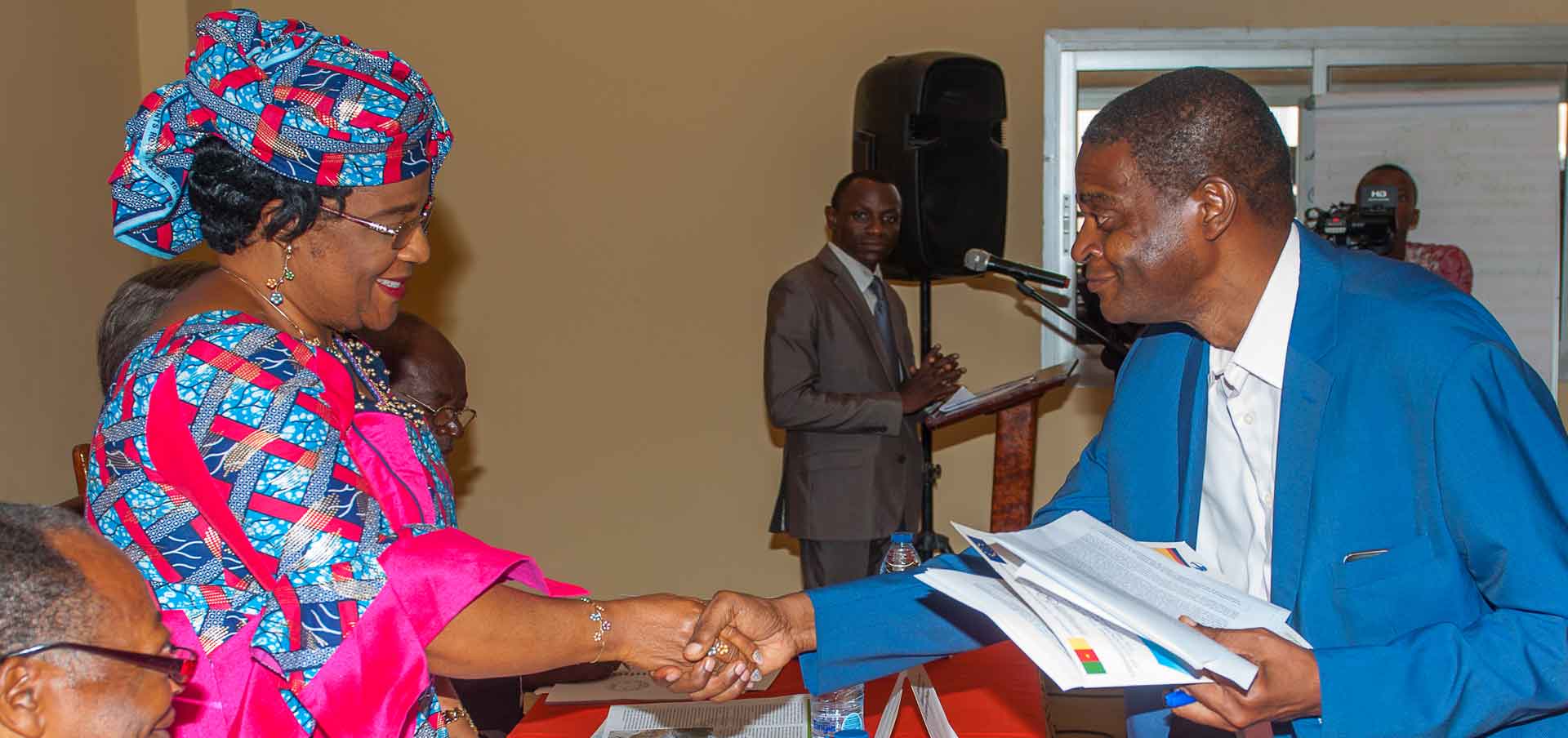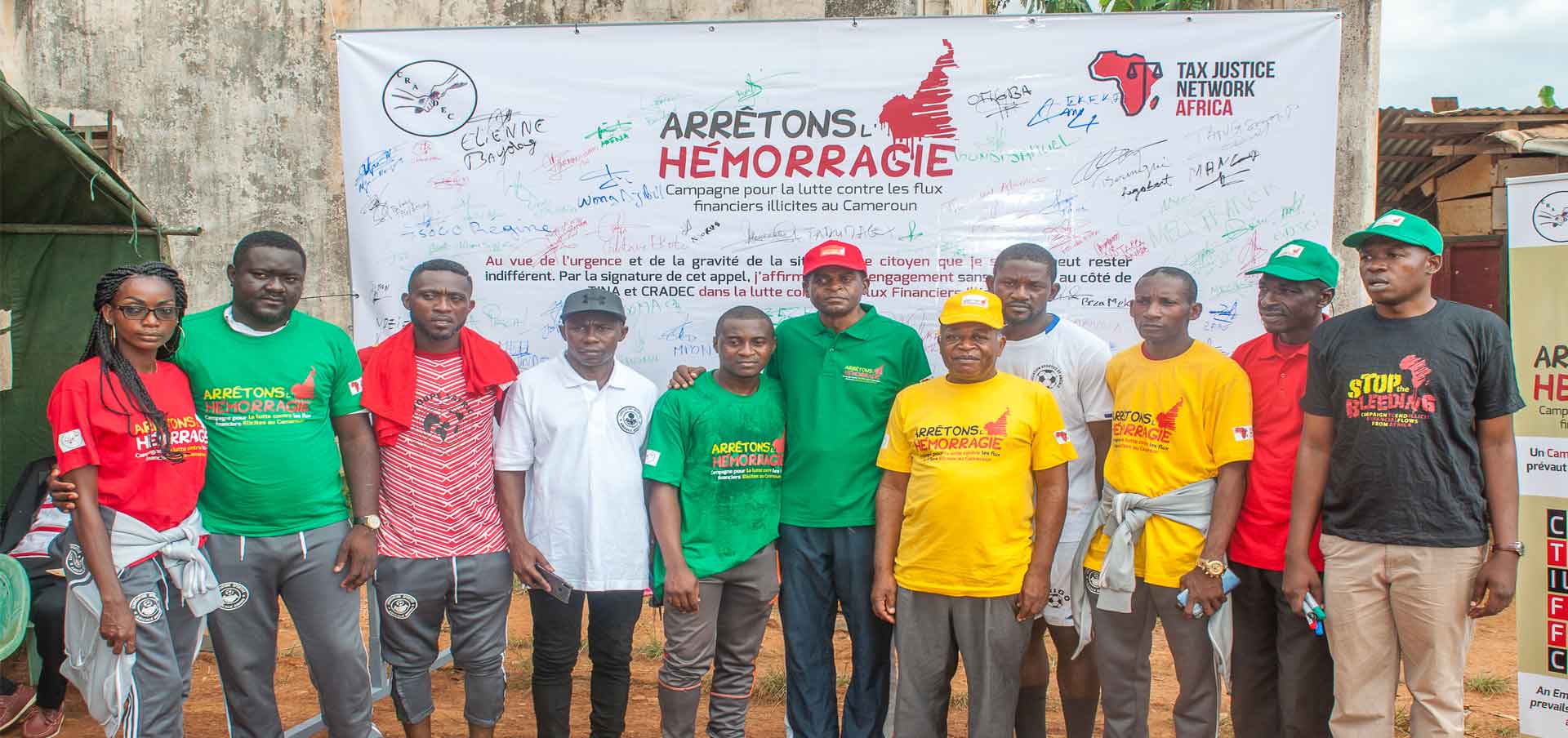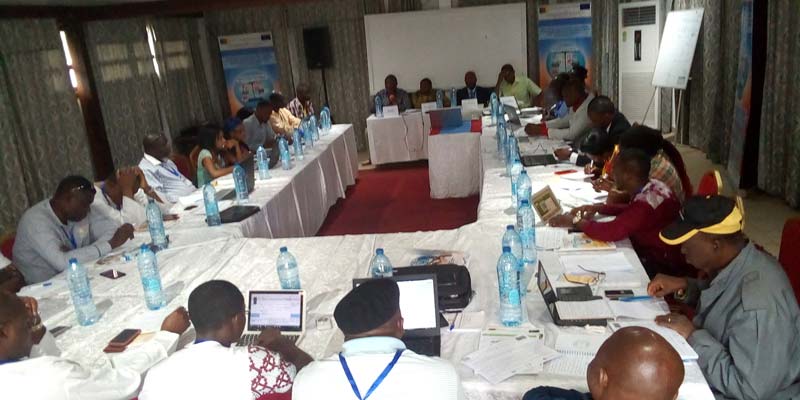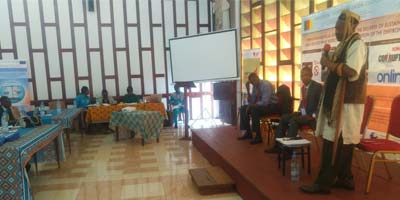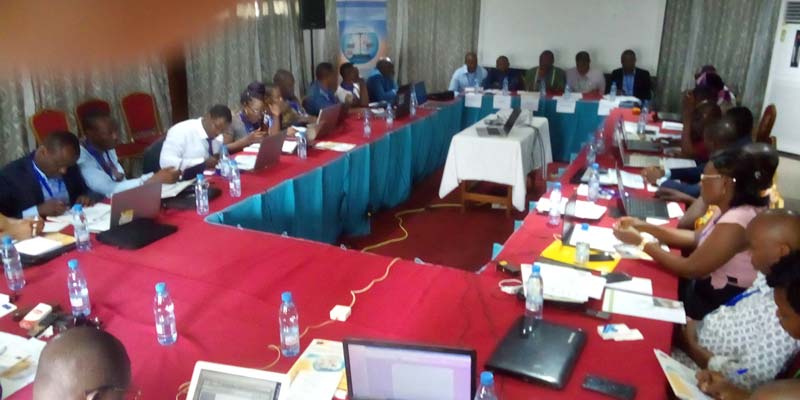The Africa Mining Vision (AMV) is a pan-African policy framework established by a network of initiatives at regional, continental and global levels that aim to transform Africa's mining sector for its sustainable development.The vision, supported by its action plan for implementation, is motivated by the disconcerting observation that although African countries have significant mineral resources, they rank among the poorest in the world.
Poor mineral governance has knock-on effects and can often be a clear reflection of the overall weakness of governance in a country. As a result, and given the finite nature of these mineral resources, the overall objective of the AMV is to promote a sustainable and well-governed mining sector that efficiently harvests and deploys revenues and that is safe, sound, gender-sensitive and ethically inclusive, environmentally friendly, socially responsible and valued by mining-affected communities
Thus, the pathways to implementing the AMV require a concerted effort to domesticate it at the national level to ensure that its core principles are incorporated into national visions, policies, laws, regulations, standards and procedures. The expected outcome here is improved management and use of mining revenues (AMV Action Plan (2013)). The expected outcome for the government is that it succeeds in "optimising the share of mineral revenues accruing to resource-rich economies based on the AMV Action Plan (2013)"
Revenues from mineral extraction provide governments with the fiscal space to fund the provision of physical infrastructure, such as improved education and health and facilities (water, sanitation among others) that affect the lives of all citizens on a daily basis. And the context of the COVID-19 pandemic illustrates this further.
Cameroon is one of the developing African countries that take a particular interest in the extractive sector. As such, the country adopted a mining code in 2016, which falls under the category of so-called 4th generation mining legislation. This is confirmed in the framework of the SDN 2030; as well as the setting up of SONAMINES (Société Nationale des Mines). The creation of SONAMINES will allow Cameroon to benefit more than in the past from the exploitation of the subsoil
Also, the tax regime, designed to ensure that the government receives an increasing share of the revenues from the increased profitability of mining activities, also provides protection against changing circumstances, notably through the time and project phase limitation of stability clauses. The current tax regime also facilitates and encourages the establishment of economic links in the mining sector. Although it can be noted that Cameroon has achieved a score of 59% of the AMV expectations, 23% of these expectations have been partially met according to the data from the report on "Monitoring the Domestication of the Africa Mining Vision in Cameroon”.
But public debate on the issue of benefit sharing by the extractive sector was already on the agenda, particularly in view of the need for better knowledge of mining revenues, their redistribution mechanisms, and the monitoring of the management of these public funds.
The study on the development of models on benefit sharing, transparency and accountability in AMV in Cameroon can induce a change in revenue management and contribute to achieving improvements in governance of the extractive industries sector after COVID-19. For the linkage of the mining sector budget system to the national development plan depends on the existence of a national mining and fiscal policy.
Furthermore, benefit sharing will involve a multitude of objectives and interest groups; and for all stakeholders to support and adapt the proposed models, transparency and accountability are essential. The legitimacy of the process is essential. Thus appropriate benefit-sharing models for AMV may provide sufficient incentive to induce change in revenue management and help achieve improvements.
Mandatory social payments correspond to social commitments made by mining companies in conventions or in ad hoc agreements. Therefore, the group of consultants composed of Michel BISSOU, Eric BISIL and Eric ETOGA (all specialists in extractive resource governance issues), considered that solemn royalty payments guarantee the transparency of the process because they allow the communities present to testify to the effectiveness of the company's payment of the said royalty.
As such, the thorough revision of Cameroon's tax system requires a complete rewriting of the national rules and tax transparency measures on which it is based. While this fundamental objective continues to underpin all our efforts, CRADEC's priority for tax justice in the coming years is to ensure that the newly codified laws and policies mobilise the much needed public funds in the fight against the pandemic and its socio-economic impact.
The overall objective of the conference is to engage the government in a more inclusive, equitable and accountable fiscal policy and investment regime for the mining sector in line with the orientations and options of the Africa Mining Vision.
More specifically, it will :
- To present benefit sharing models based on transparency, equity and accountability in the mining sector in Cameroon;
- To enable participants to appropriate the principles of benefit sharing in the mining sector in Cameroon;
- Stimulate debate and contributions to enrich the recommendations and their consideration in the process of preparing and publishing the application texts of the 2016 Mining Code, the fiscal and investment regimes in the natural resources mining sub-sector in Cameroon.
The expected results are as follows:
- The results of the study on Benefit Sharing Models based on Transparency, Equity and Accountability in the Mining Sector in Cameroon are presented to political stakeholders in the mining sector;
- Proposals for operationalising the recommendations are formulated, discussed and adopted.




